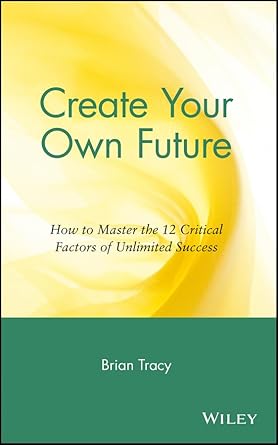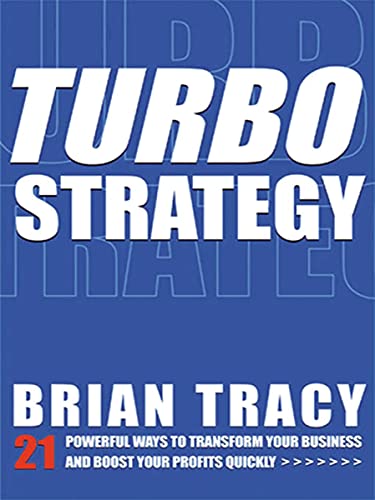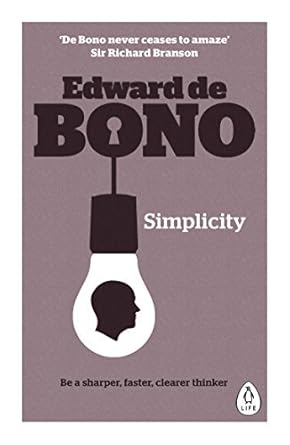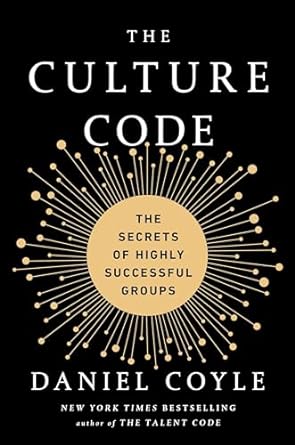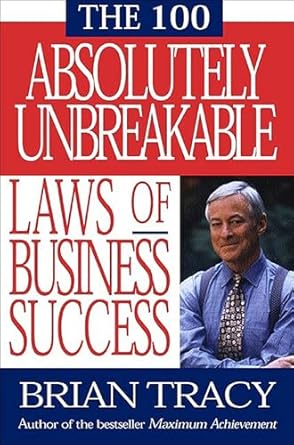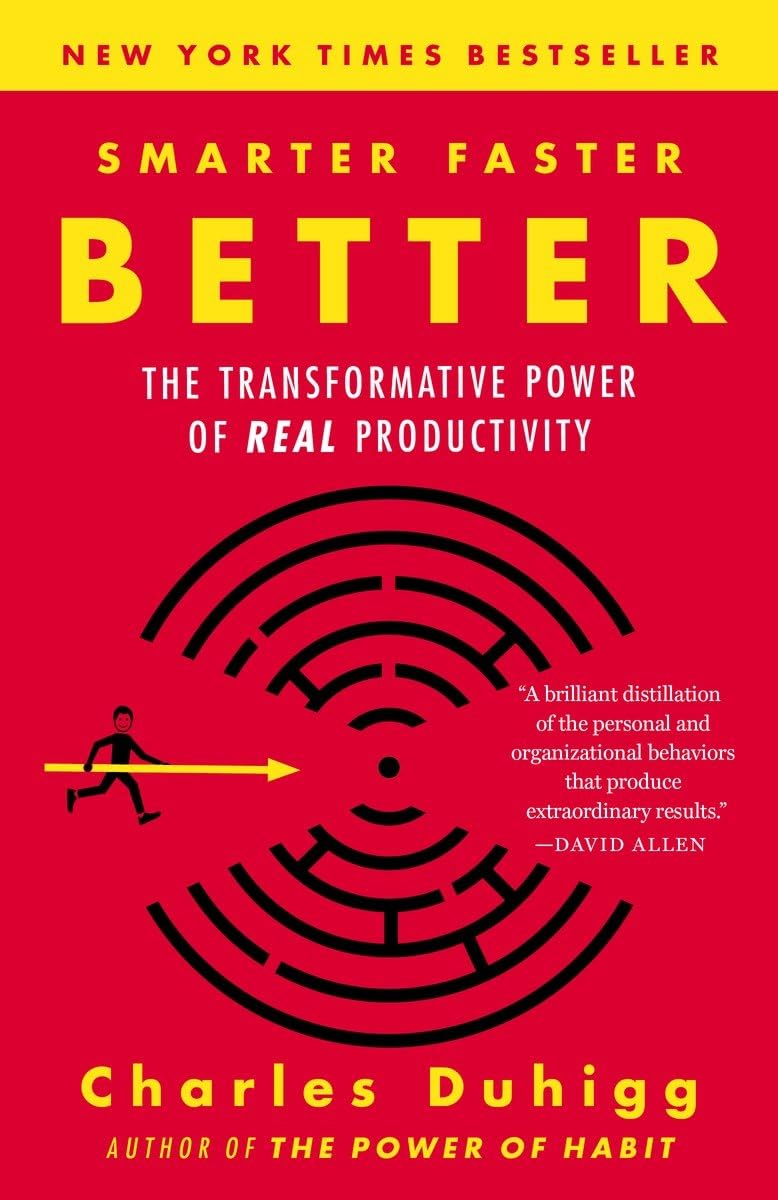Kaizen
Japanese concept of continuous improvement.
Key Insights & Principles
Business
Insights:- Continuous small improvements lead to large improvements in quality, productivity, and efficiency over time.
- Kaizen begins from top management and the culture of trying new ideas and small changes to improve each day.
- Kaizen is the opposite of grand restructuring and changes.
- Encourage everyone to seek out and implement small improvements each day.
- Successful improvements should be shared so that improvements can scale.
- Reward successful innovation.
Personal Growth
Insights:- There are always small ways we can improve.
- Mastery is the product of small improvements over a long time scale.
- Everyone has the ability to be excellent at something through the long process of small improvements over time.
- Continuously look for ways to improve and raise the bar.

